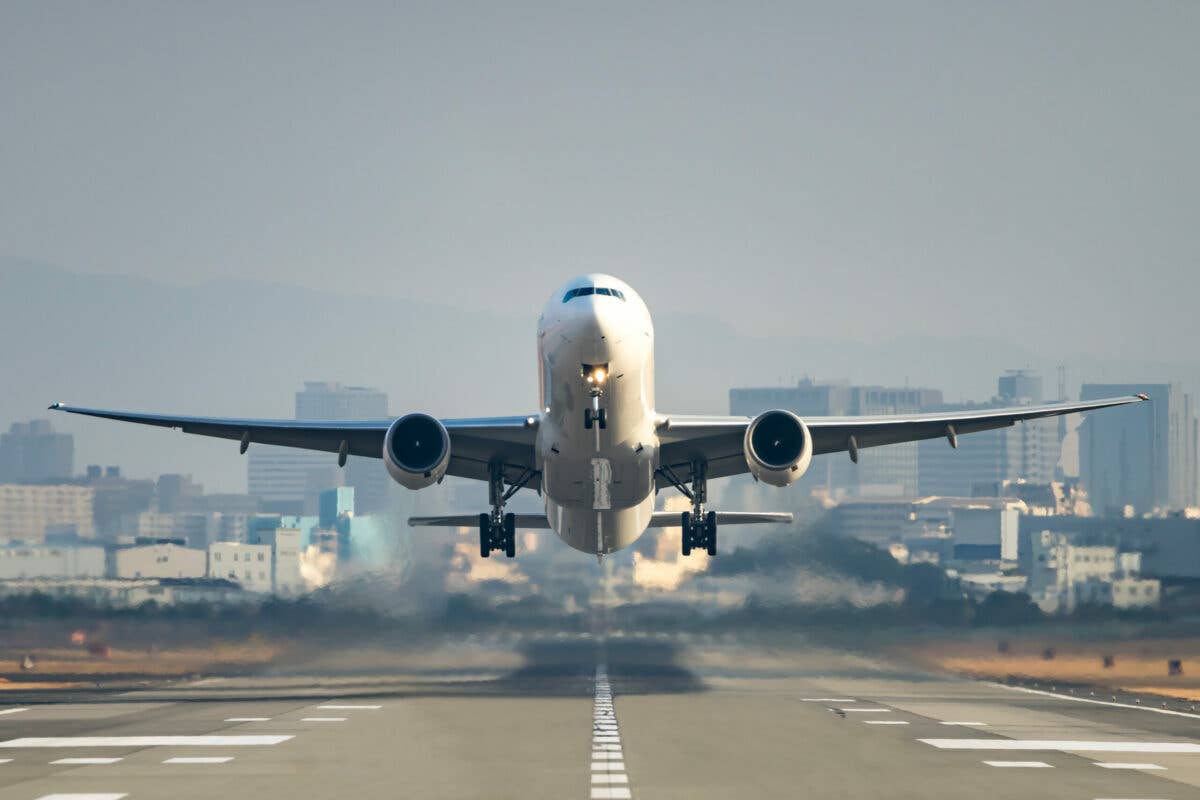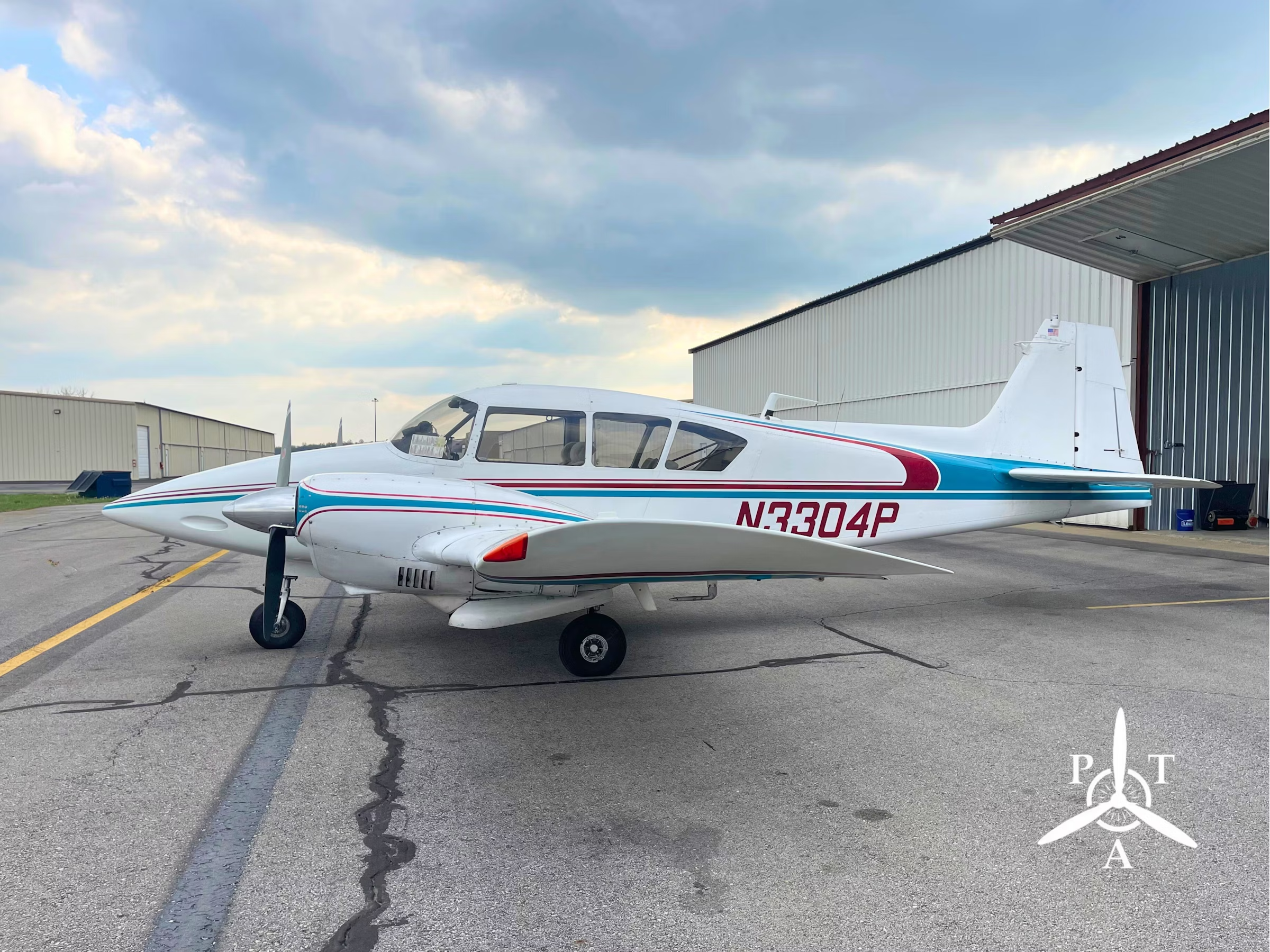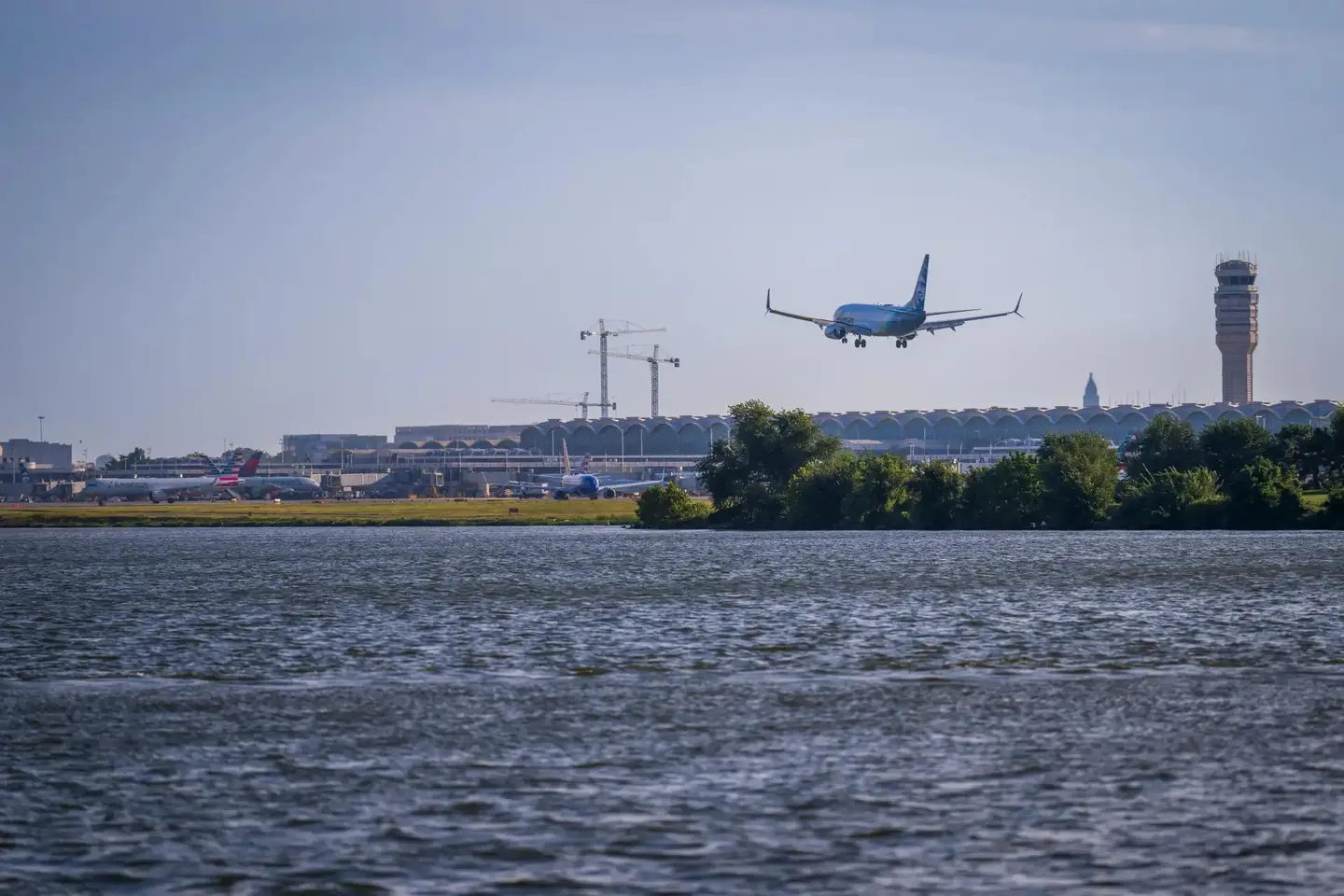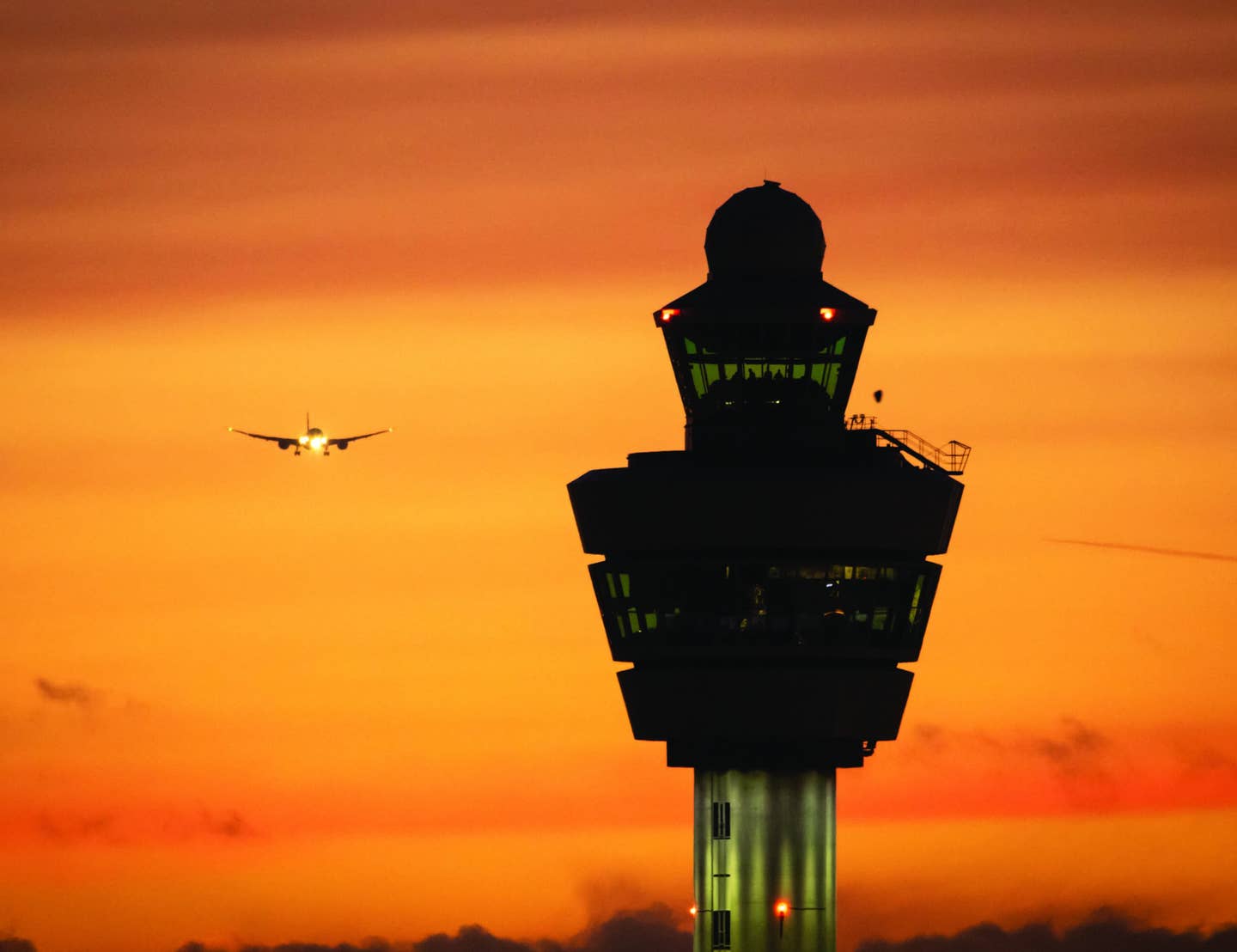Report: Airbus Has Spent $1.7B on Stalled Hydrogen Ambitions
Manufacturer in February scaled back development of a hydrogen-powered aircraft, which it said may arrive a decade later than its original 2035 target.
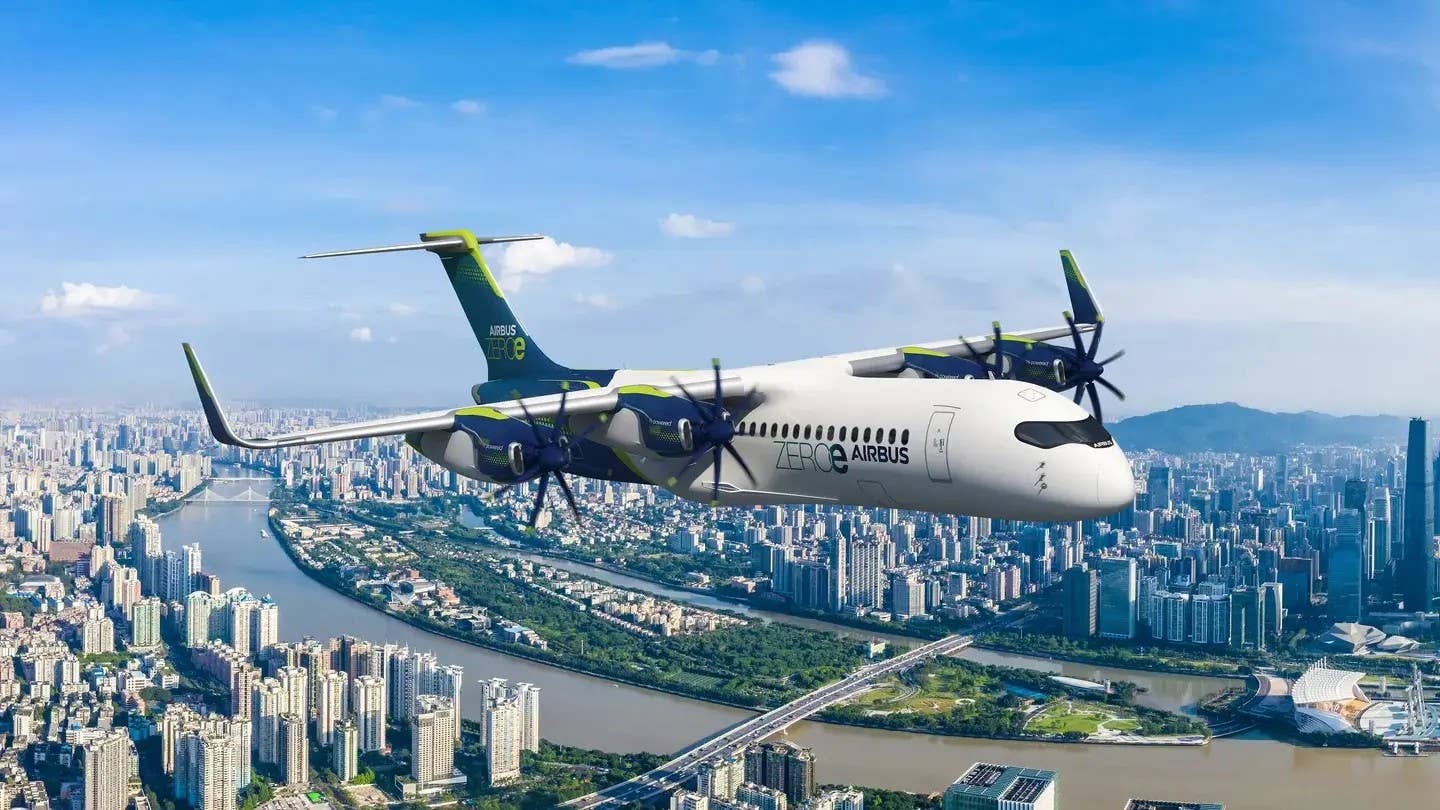
Airbus in March revealed this concept image for a hydrogen fuel cell-powered ‘ZeroE’ aircraft. [Courtesy: Airbus]
Airbus has pumped the brakes on its development of a hydrogen-powered aircraft concept. On Sunday, new details emerged about just how much the manufacturer has spent on the stalled project.
According to The Wall Street Journal, sources familiar with the company’s financing said Airbus allocated about $450 million annually to fund the development of four “ZeroE” aircraft concepts, three of which have been scrapped in favor of a single design. In total, the manufacturer has spent more than $1.7 billion on the project, sources said, with much of the money coming from its own pockets.
FLYING has reached out to Airbus to confirm the veracity of these figures.
Airbus is the largest legacy manufacturer developing a hydrogen-powered concept. Competitor Boeing, for example, is exploring electric, self-flying aircraft through subsidiary Wisk Aero but has diverged from Airbus on the promise of hydrogen.
The European manufacturer unveiled the ZeroE program in 2020 with promises of fielding a zero-emission, hydrogen-powered aircraft by 2035, a move spearheaded by CEO Guillaume Faury. The initiative came as the aviation industry—which accounts for an estimated 2.5 percent of global carbon dioxide emissions—faced pressure to decarbonize.
But Faury in March worried the concept could become a “Concorde with hydrogen,” comparing it to the short-lived supersonic airliner that was retired in 2003. It would require new regulations and methods of producing clean hydrogen at scale that may not be ready within the next decade, he feared.
“We would be wrong to be right too early,” Faury said.
Still, Airbus in March committed to developing a hydrogen fuel cell-powered aircraft that could fly as many as 100 passengers over 1,000 nm.
That’s a departure from the manufacturer’s most robust ZeroE concept, which it claimed could carry twice as many passengers over 2,000 nm. According to The Wall Street Journal, airlines and suppliers—many of which Airbus recruited to study the feasibility of hydrogen—privately questioned whether such a design could be developed by 2035. Hydrogen production, storage, and fuel load were viewed as design challenges that could limit the aircraft’s range and capacity.
Everything came to a head in February, when French media reported that Airbus slashed its ZeroE research and development budget by 25 percent and moved staff to other projects. The manufacturer reportedly told union officials that the 2035 timeline could be delayed by as much as a decade.
The Wall Street Journal reported that Faury has long pushed Airbus toward a hydrogen-powered aircraft, but the firm is also on the hook with the French government. In 2020, it was one of several beneficiaries of a 15-billion-euro aviation support package, of which 1.5 billion was intended to develop a carbon-neutral successor to the A320.
“Our target is to have a carbon-neutral airplane in 2035 instead of 2050, thanks especially to an engine using hydrogen,” said Bruno Le Maire, France’s minister of economy and finance at the time.
Like this story? We think you'll also like the Future of FLYING newsletter sent every Thursday afternoon. Sign up now.

Sign-up for newsletters & special offers!
Get the latest FLYING stories & special offers delivered directly to your inbox

